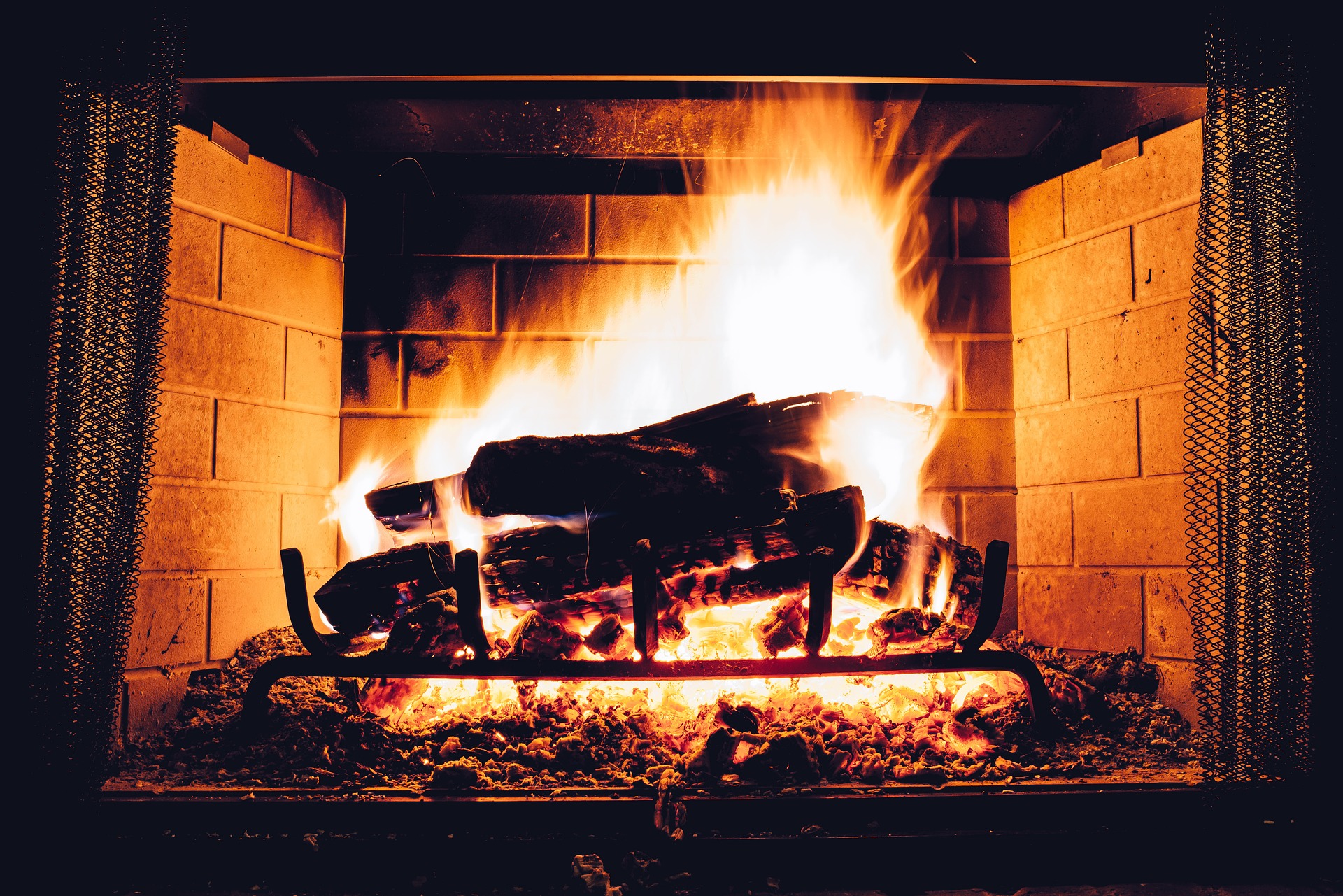February 2024

Fire Risk Assessment and Fire Precautions
The Regulatory Reform (Fire Safety) Order 2005 (“FSO 2005”) introduces a general duty of fire safety care to ensure that anyone staying in your premises is safe from fire. This includes taking steps to reduce the likelihood of fire starting and making sure that, in the event of a fire, people can evacuate to a place of safety. It requires that you undertake a suitable and sufficient fire risk assessment within your premises, to identify fire risks and take reasonable measures to ensure that people are safe from fire. A series of guides have been produced, including one for small sleeping accommodations (see link below), to be used by anyone who has a legal duty for fire safety in a relevant building. If you read the guide and decide that you are unable to apply the guidance, then you should seek expert advice from a competent person. The guidance document below is written to provide guidance for a responsible person, to help them to carry out a fire risk assessment in less complex premises. More complex premises will need to be assessed by a person who has comprehensive training or experience in fire risk assessment. A summary of what less complex premises are limited to is below but please check the full guidance to establish which category yours is in;
• single premises of ground floor, or ground and first floor, providing sleeping accommodation for a maximum of 10 persons, with no more than four bedrooms on the first floor, such as houses, cottages, and chalets, and
• individual flats (whether within a purpose-built block of flats or a house that has been converted into flats), other than unusually large flats (e.g. as often found in mansion blocks in London).
A_guide_to_making_your_small_paying-guest-accommodation_safe_from_fire
A fire risk assessment 5-step checklist has also been published to help people responsible for the simplest premises complete a fire safety risk assessment (see link below)
Fire risk assessment checklist 2022 - Guides & checklist (publishing.service.gov.uk)
Responsible Persons for paying guest accommodation that does not fall within the definition of “small paying-guest accommodation” should follow existing guidance entitled “Fire Safety Guidance – Sleeping Accommodation” (see link below)
Sleeping_Accommodation_v2.pdf (publishing.service.gov.uk)
It should be noted that Bournecoast have no control over or responsibilities for the accommodation so far as fire safety is concerned and Bournecoast cannot, and is not responsible for, assessing, approving, advising on or monitoring any and all documents and records that are required by law and the fire safety arrangements the landlord has in place. It is the responsibility of the landlord to ensure that all duties and obligations required under FSO 2005 are satisfied and that, if needed, the landlord can seek advice from an independent fire safety consultant (only competent fire risk assessors should be instructed). Bournecoast staff are not able to approve or endorse the client's fire risk assessment or the fire safety arrangements in place and any statements from Bournecoast staff should not be taken as an approval, advice or endorsement in this respect.
The Smoke Alarm (England) Regulations 2022
Private rented sector landlords must ensure at least one smoke alarm is equipped on each storey of their homes where there is a room used as living accommodation. This has been a legal requirement in the private rented sector since 2015. After that the landlord (or someone acting on behalf of the landlord) must ensure all alarms are in working order at the start of each new tenancy. After the landlord’s test on the first day of the tenancy, tenants should take responsibility for their own safety and test all alarms regularly to make sure they are in working order. Testing monthly is generally considered an appropriate frequency for smoke alarms. The landlord must ensure smoke alarms are repaired or replaced once informed and found that they are faulty. In small paying-guest accommodation the FSO 2005 regulations should be following including that interlinked domestic smoke/heat alarms should be fitted in all areas where a fire might start. For further information visit:
Smoke and Carbon Monoxide Alarms Explanatory Booklet for Private Rented Sector Landlords and Tenants
A_guide_to_making_your_small_paying-guest-accommodation_safe_from_fire
The Carbon Monoxide Alarm (England) Regulations 2022
The regulations require that private rented sector landlords, from 1 October 2022, ensure a carbon monoxide alarm is equipped in any room used as living accommodation which contains a fixed combustion appliance (excluding gas cookers). After that, the landlord must make sure the alarms are in working order at the start of each new tenancy. After the landlord’s test on the first day of the tenancy, tenants should take responsibility for their own safety and test all alarms regularly to make sure they are in working order. Testing monthly is generally considered an appropriate frequency for carbon monoxide alarms. The landlord must ensure carbon monoxide alarms are repaired or replaced once informed and found that they are faulty. For further information visit:
Smoke and Carbon Monoxide Alarms Explanatory Booklet for Private Rented Sector Landlords and Tenants